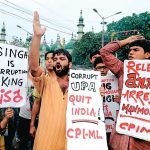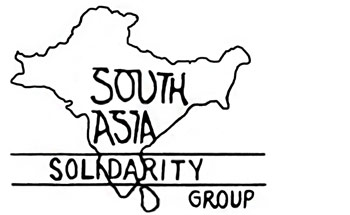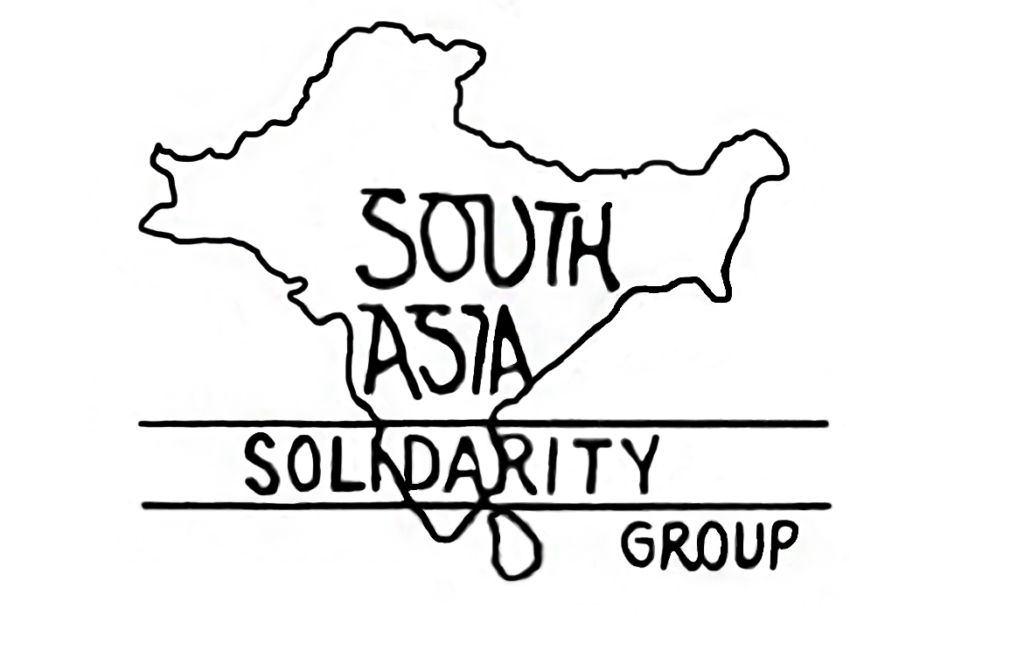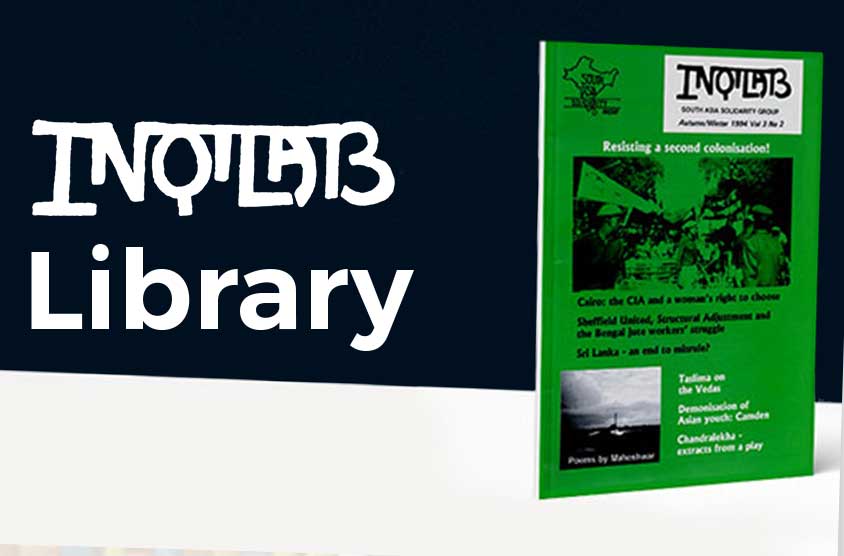- September 3, 2011
- Posted by: admin
- Category: News
‘So, what do all of us do, who’re worried about the RSS riding piggyback on  Anna and attempting to give a fascist direction to this movement? Do we have the luxury to play it safe, retreat to the library, analyze the movement from a high pedestal and making dark doomsday predictions so that we can say ‘I told you so’ later? Do we wait for it all to blow over and go away? Do we leave the field free and uncontested for the RSS? Or do we get into the fray, get our hands dirty, make common cause with the ordinary women and men who’re out on streets against corruption, and drum some politics into the anti-corruption discourse, with all our strength?’
Anna and attempting to give a fascist direction to this movement? Do we have the luxury to play it safe, retreat to the library, analyze the movement from a high pedestal and making dark doomsday predictions so that we can say ‘I told you so’ later? Do we wait for it all to blow over and go away? Do we leave the field free and uncontested for the RSS? Or do we get into the fray, get our hands dirty, make common cause with the ordinary women and men who’re out on streets against corruption, and drum some politics into the anti-corruption discourse, with all our strength?’
Kavita Krishnan
The people saying ‘I am Anna’ or ‘Vande Mataram’ are not all RSS or pro-corporate elites. They’re open to listening to what we have to say to them about corporate corruption or liberalization policies. The question is – are we too lofty and superior (and prejudiced) to speak to them?
Throughout the summer, student activists of All India Students’ Association (AISA) and Revolutionary Youth Association (RYA) engaged in this painstaking exercise for months. They campaigned all over the country, in mohallas, villages, markets where there is no visible Left presence. No, these were not areas of ‘elite’ concentration – mostly middle, lower middle or working class clusters, or students’ residential areas near campuses. In most places, people would begin by assuming they were campaigners of Anna Hazare. When students introduced their call for the 9 August Barricade at Parliament, they would be asked, ‘What’s the need for a separate campaign when Anna’s already leading one?’ They would then explain that they supported the movement for an effective anti-corruption law to ensure that the corrupt don’t enjoy impunity. But passing such a law could not end corruption, which was being bred by the policies that were encouraging corporate plunder of land, water, forests, minerals, spectrum, seeds… They learnt to communicate without jargon, to use examples from the state where the campaign was taking place. They would tell people about the Radia tapes, and the role of the corporates, the ruling Congress, the opposition BJP, and the media in such corruption.
Without exception, they never met with hostility from people. It was also obvious that the Anna campaign had generated great interest in the issue of corruption and great support for street actions against the Government. It was easy to initiate debate and discussion on the need for an anti-corruption campaign to link itself with the struggles against corporate grab of land and resources, against privatization of water, health and education, against unemployment and price rise, and draconian policies like AFSPA and Green Hunt.
Yes, in campuses and other areas, ABVP/RSS activists have donned Anna caps, masqueraded as ‘apolitical’ anti-corruption supporters, and tried to prevent AISA and our other mass organizations from using their own banner and slogans or having independent anti-corruption protests. We have responded by demanding that they speak up on Bellary and Yeddyurappa, or on the BIADA land scam of the Nitish Government in Bihar that led to the Forbesganj firing. This quickly blows their cover and separates the wheat from the chaff. For the non-RSS participants, our slogan of ‘Congress-BJP dono yaar, desh bechne ko taiyyar’ becomes the rallying cry, isolating the RSS elements.
So, what do all of us do, who’re worried about the RSS riding piggyback on Anna and attempting to give a fascist direction to this movement? Do we have the luxury to play it safe, retreat to the library, analyze the movement from a high pedestal and making dark doomsday predictions so that we can say ‘I told you so’ later? Do we wait for it all to blow over and go away? Do we leave the field free and uncontested for the RSS? Or do we get into the fray, get our hands dirty, make common cause with the ordinary women and men who’re out on streets against corruption, and drum some politics into the anti-corruption discourse, with all our strength?
Kavita Krishnan is an Editor of Liberation
This is an extract from a longer article on http://kafila.org/2011/08/27/are-we-talking-to-the-people-who-are-out-on-the-streets-kavita-krishnan/


